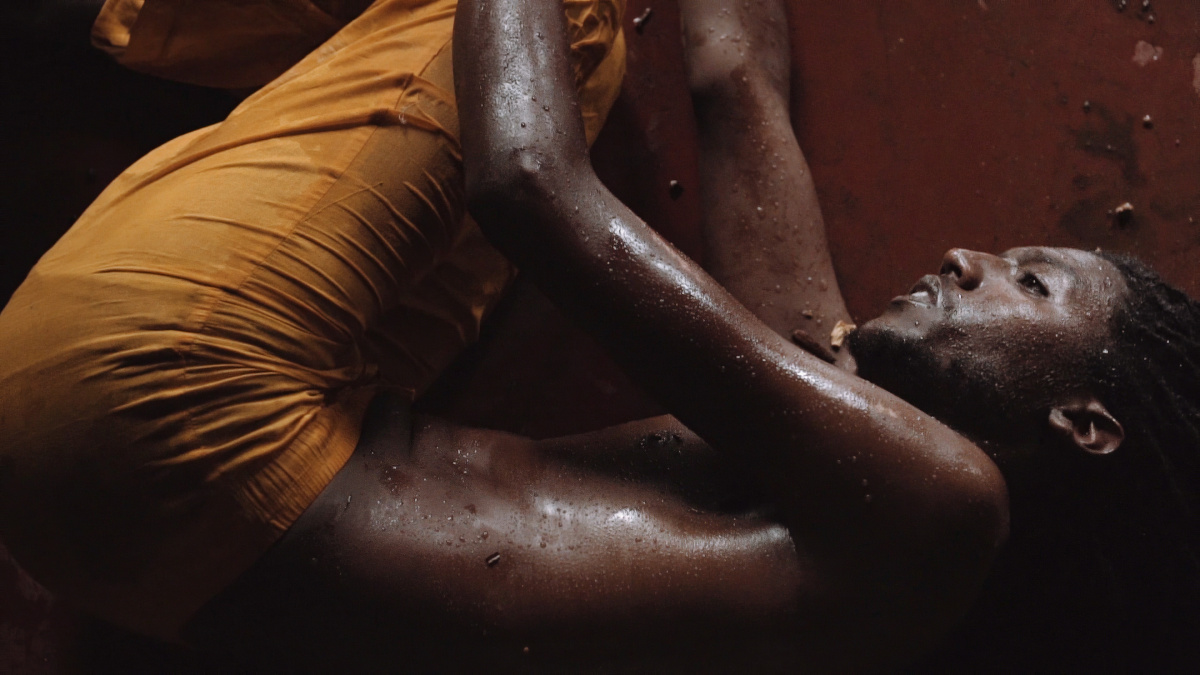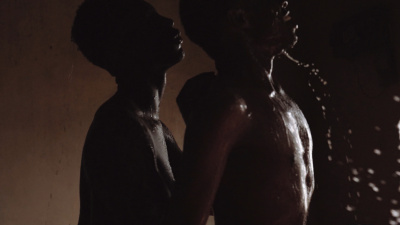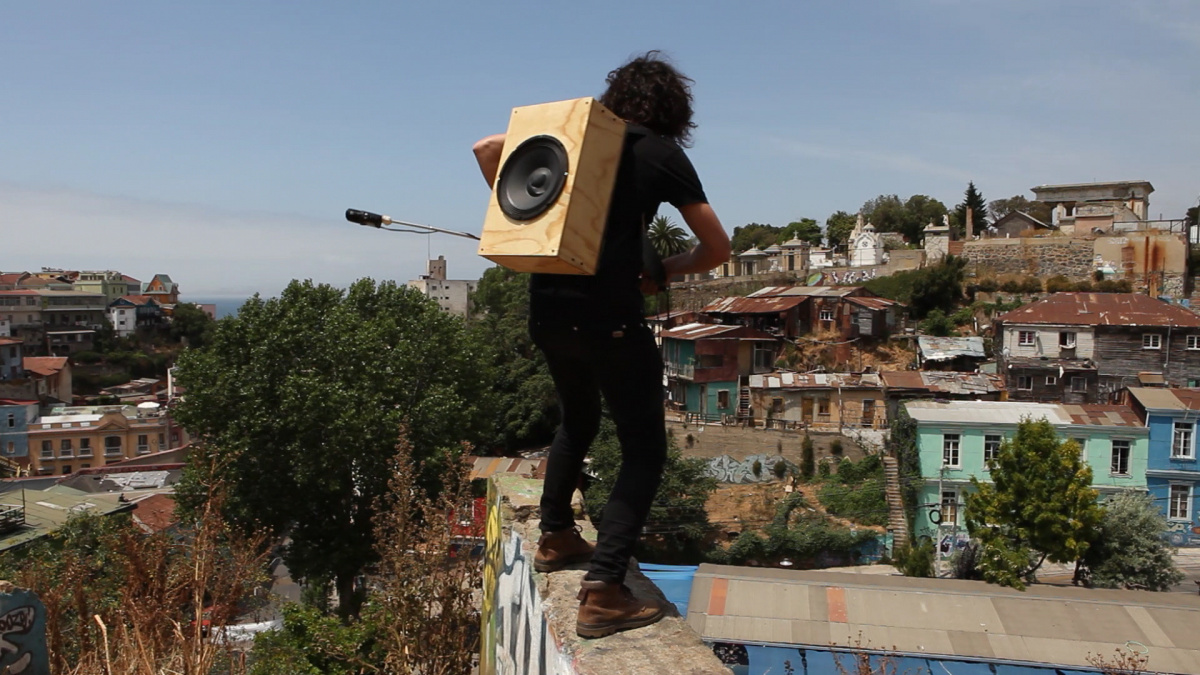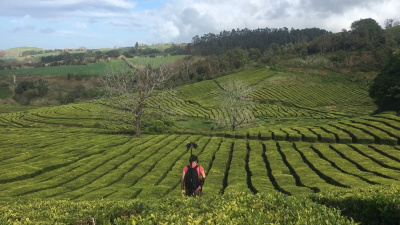
No Life for the «Living-Dead»
«Utapishi» is a spiritual healing ritual in Kenya that is seen as a threat by Christianity. Nevertheless, some young healers still practise it. Read an essay about the alliance of colonialism and religion, as seen in the short film Tapi!.
→ Check all articles of this special
→ Download PDF with introduction and table of contents
Kenya became a British colony in 1884. As Christianity kept spreading, and the Bible was translated into African languages, African spiritualism was slowly repressed. The Witchcraft Act in 1925 declared that supernatural powers were incompatible with the politics of the imperial state. African spiritualism and traditions were presented as a threat to the administering of the colony.
Utapishi is one of the many rituals that are still relevant in Kenya. It is a spiritual healing process that involves dance as an intersection of prayer, ritual, and healing. The tapi, as the ritual healer, performs symbolic and holistic rituals to appease the spirits of the ancestors, for purification from misfortunes relating to death, health or to address other concerns in the community. Utapishi has been practiced by people of Kiunga since the early 1500s – and is still alive due to people like the young Utapishi healer and performer Jackson Matiere from Kiunga Town.

The Demonic Possession
In Tapi!, a speculative documentary portraying Matiere, one can observe how African spirituality is still inseparable from repressive colonial policies and laws. The film follows Matiere as he defends his healing and performance practice against a petition by the «National Council of Churches (Kiunga Diocese)», personified by the church council representative Pastor Wanyota.
Matiere, who has dreadlocks and usually wears traditional robes, prepares himself by following a dress code, wearing a coat and a shirt to look presentable. At the petition hearing, Pastor Wanyota directly attributes the demonic possession seen among his congregation during his big-tent sermons to the ritual healers and their witchcraft.
In Favor of Christianity
As the government has interest in the church’s political support, it decides in favor of the religious movements. It bans the «ritual» part of the performance, but allows the dance to continue without spiritual meaning due to its potential for tourism. For the coming annual Kiunga festival, though, the county government allows the healing performance to take place one last time.
Built from anticipation and suspense, Tapi! ends with a ritual dance scene, with a smoky play of light and shadow, close-ups of bodies covered in a mud concoction of charmed ashes and water, and a slowly surging drone score signifying the spiritual climax. Since Kenya’s independence from the British empire, colonial systems are retained and enforced as a mode of independent state life. Practitioners of spiritualism such as Utapishi remain outcasts.
The film «Tapi!» by Jim Chuchu was officially selected at the Norient Film Festival NFF 2021. See full program here.
This text is part of Norient’s essay publication «Nothing Sounds the Way It Looks», published in 2021 as part of the Norient Film Festival 2021.
Bibliographic Record: Rhensius, Philipp. 2021. «Editorial: NFF 2021 Essay Collection.» In Nothing Sounds the Way It Looks, edited by Philipp Rhensius and Lisa Blanning (NFF Essay Collection 2021). Bern: Norient. (Link).
Biography
Links
Published on January 15, 2021
Last updated on April 09, 2024
Topics
From world known reggae musicians fighting against the devil to the black metal scene in Indonesia.
From Beyoncés colonial stagings in mainstream pop to the ethical problems of Western people «documenting» non-Western cultures.
From breakdance in Baghdad, the rebel dance pantsula in South Africa to the role of intoxications in club music: Dance can be a form a self-expression or self-loosing.
From Pakistani wrestling practice «kushti» to muezzin singing contests in Turkey.
Snap


